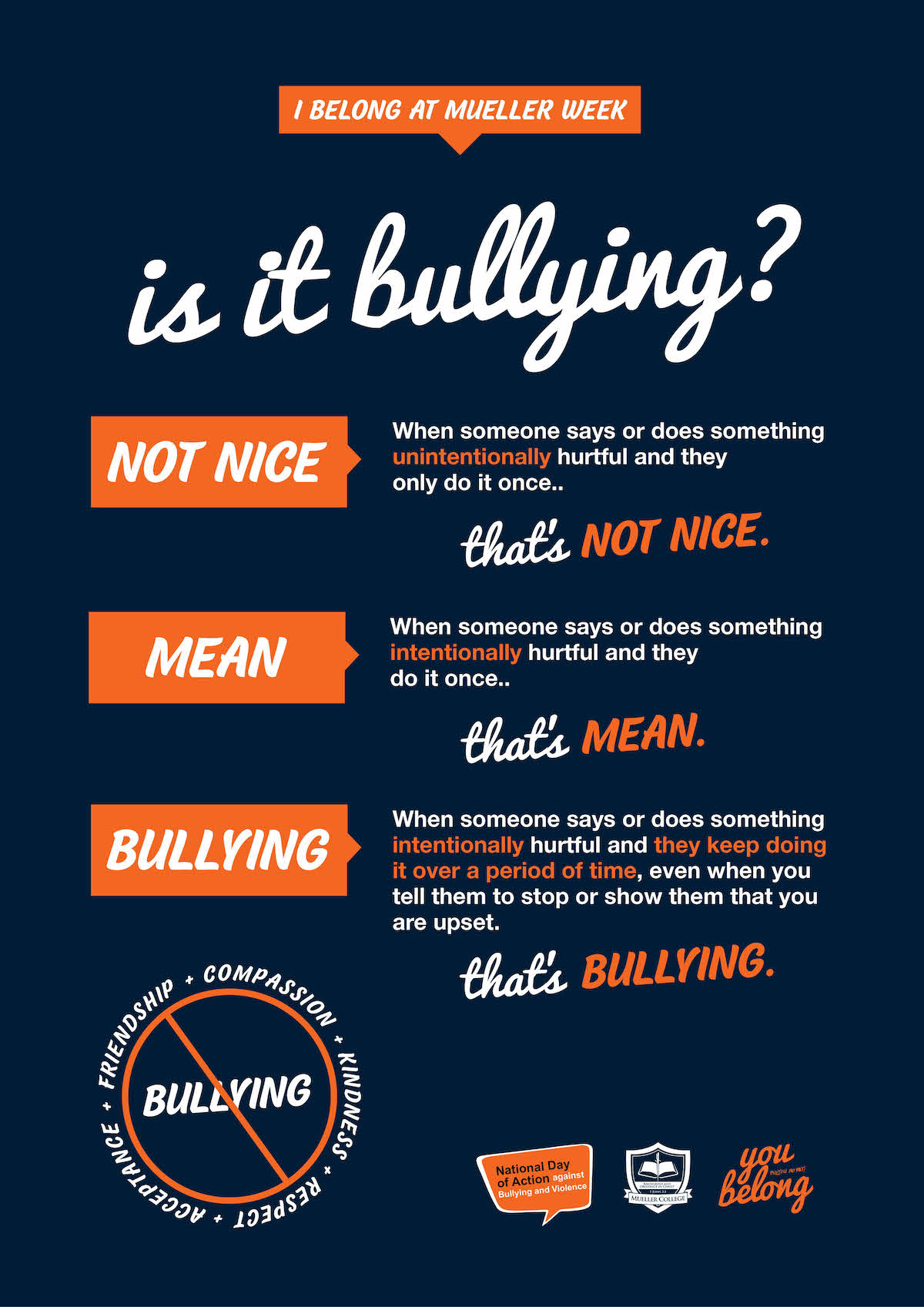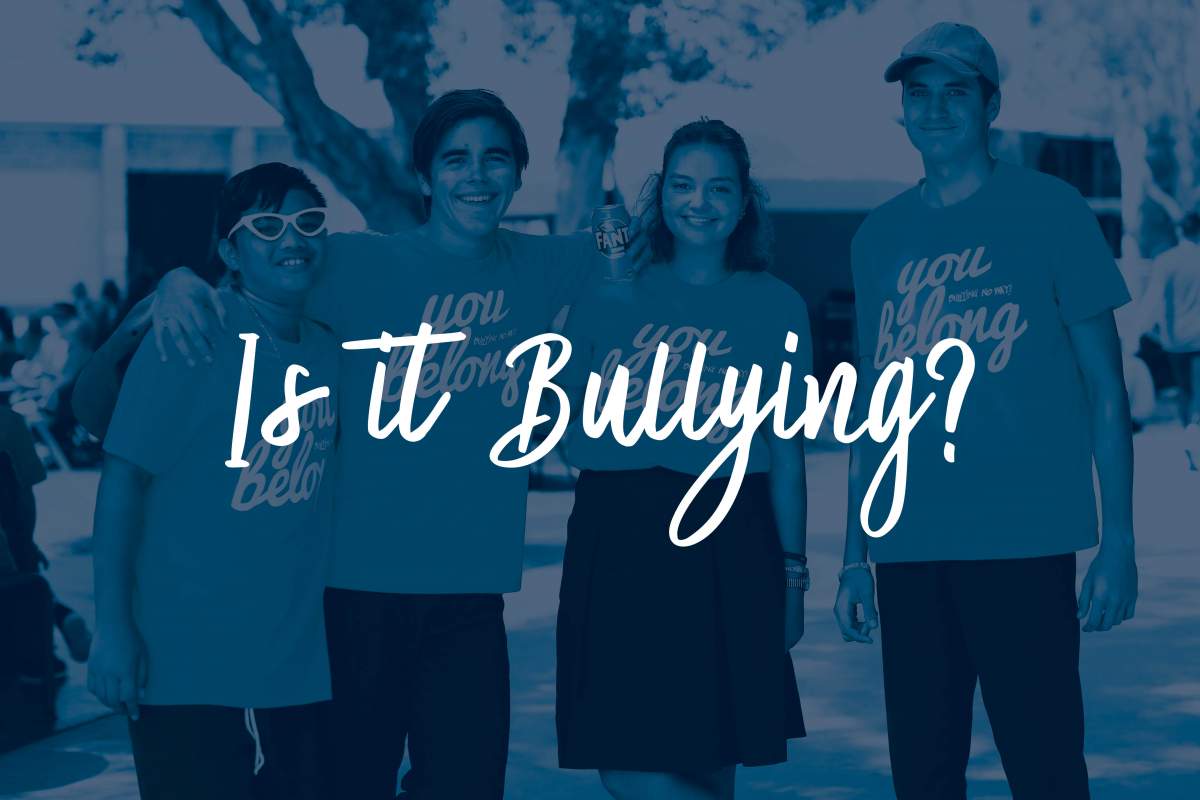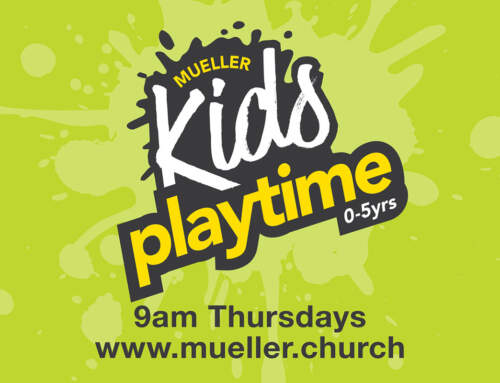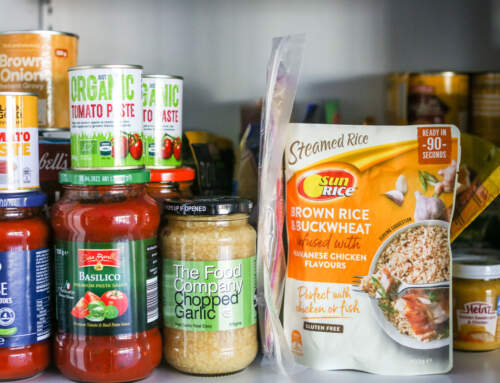
How many times have you read or used a word and thought you knew exactly what it meant, but when you actually stopped and thought about it, you weren’t so sure? I know it happens to me. I feel that the same has happened with the term “bullying”. It seems to have become a catchphrase for every sort of bad behaviour between people.
Unfortunately, we live in a fallen world where people say and do things we don’t like. There’s nothing new with that, however we can confuse normal moments of angry, thoughtless, rude or hurtful behaviour with bullying. Just like our children, we are not going to get on perfectly with every single person all the time and sometimes conflict arises between us. Having a difference of opinion with someone does not mean one of us is bullying the other.
Are we doing our children a disservice by teaching them that every act of pettiness, teasing, disrespect or cruelty is bullying? Without doubt, it is horrible to be on the receiving end of these behaviours, but when we use the term “bullying” for these acts, we may be unwittingly encouraging our child to avoid difficulty, unpleasantness or even resolving differences. Are we facilitating the development of a victim mentality?
By labelling every sort of bad behaviour as bullying, we risk watering down the pain and trauma of those who are enduring true bullying. Bullying has been defined as repeated physical or verbal abuse where one person is habitually cruel to another and torments him/her on a constant basis with the aim of making that person’s life miserable by causing mental, physical or emotional pain. Children who are being repeatedly harassed, taunted and attacked are being bullied and need to be protected. Bullying should never be tolerated.
On the infographic, we see that we can reduce bullying by helping our children develop some of the following characteristics – compassion, kindness, respect, acceptance and friendship. Over coming weeks, we’ll look into these and how we might encourage their development. We’ll also look at ways to teach our children to handle minor conflicts.
Jenny Billingham
(If you have a topic that you’d like more information about and think might interest other parents, please don’t hesitate to email me with suggestions at j.billingham@mueller.qld.edu.au Thanks.)






